
Where to Now? Short Stories from Zimbabwe
Edited by Jane Morris.
Published by amaBookshttp://www.panorama.co.zw/index.php/component/content/article/34-panorama-news/199-where-to-now.html
As long as there are storytellers writing and employing whatever medium or platform this question will not arise. Where it does, the bone of contention can only be the focus and direction that the writing assumes.
But as Where to Now? demonstrates, there are as diverse areas of focus as there are storytellers and in this case – everyday stories for and about everyday Zimbabweans.
So there will always be new mediums alongside the conventional ones thus ensuring that storytellers will forever withstand the test of time.
Autumn colours adorn the cover of this book, perhaps suggesting a forgone era or one in its twilight moments. But if you have a fascination with the environment or once poured over desert maps/topography the reaction is either that this is a tree trunk with its striations describing its growth pattern or alternatively the course of a dried river with each striation its tributaries or a narrative – an idea that finds space, shoots off on a journey of exploration or one that promisingly starts off in a chosen direction but perishes prematurely.
In Writing Free, a collection of stories recently published by Weaver Press I found myself re-reading The Novel Citizen by Ignatius T Mabasa. It is a compelling story told using rarely explored techniques. In Where to Now? I haven’t stopped re-reading the collection – such is the level of engagement in the 16 stories.
This is a brilliantly woven mosaic of everyday stories about the daily trials and tribulations of Zimbabweans told in a fascinatingly riveting fashion. There is enough variety, technique and theatre to enthrall and sustain the reader’s interest. For example, while Thabisani Ndlovu uses a rustic setting for his story, NoViolet Bulawayo uses a township environment, all to maximum effect.
In I am an African am I? Mzana Mthimkhulu deals with issues of locus standi that the African rising class has to contend with in its quest to embrace modernity while having the baggage of the extended African family. One man discovers his roots and in the process, himself.
In Christina the Colourful, Barbara Mhangami-Ruwende addresses a woman’s quest to assert herself against a society that is firmly founded on traditions of patriarchy while in A Beast and a Jete; Mapfumo Clement Chihota tackles everyday issues revolving around infidelity among ordinary folk and their recourse to survival instincts.
Coming so soon after commemorating 16 days of Gender Activism, stories like Making a Woman -told from a male patriarchal perspective and its attendant male insensitivity - reek of crass barbarism. It’s a story that haunts you as you empathize with the female who is being “made into a woman”.
Aunt Mongi understands sign language – the result of a condition she was born with. But that condition unfortunately arrogates others – her immediate nuclear family and villagers - to decide “what’s good for her”. She must therefore be “made into a woman” so she can start to serve the needs of a husband even though she has categorically stated she does not entertain such thoughts in her immediate- or medium-term plans.
Thabisani Ndlovu’s narrative focuses on how a whole family and village conspire in repeatedly raping a girl. Her greedy father, feigning concern for her unmarried status, is only interested in the livestock in the form of lobola/roora that he stands to benefit from. “Your Aunt Mongi needs to become a woman before it’s too late. As God’s own creature, she does,” reasons the father.
Aunt Mongi is a victim twice. Firstly she is a rape victim and secondly she is a police victim or victim of laws that refuse to recognise that rape victims have rights not to be violated so violently and not to be condemned to live daily with the physical reminders of being raped, never mind the psychological trauma.
She suffers in the silence that defines her world while also being victimized for infanticide yet her rapist and accomplices are allowed to go scot-free.
She suffers in silence on account of her unawareness of the existence of laws such as the Domestic Violence Act that should protect her against Gender-based Violence. The Act provides protection and relief to victims.
Sixteen writers contributed to this collection of short stories from Zimbabwe that defines issues that dominated what has come to be termed the “lost decade”. It certainly hasn’t been lost on our story-tellers.
– By Sonny Wadaw.


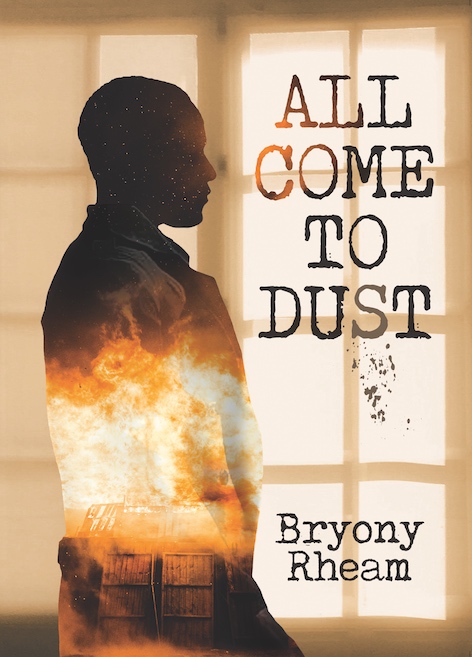
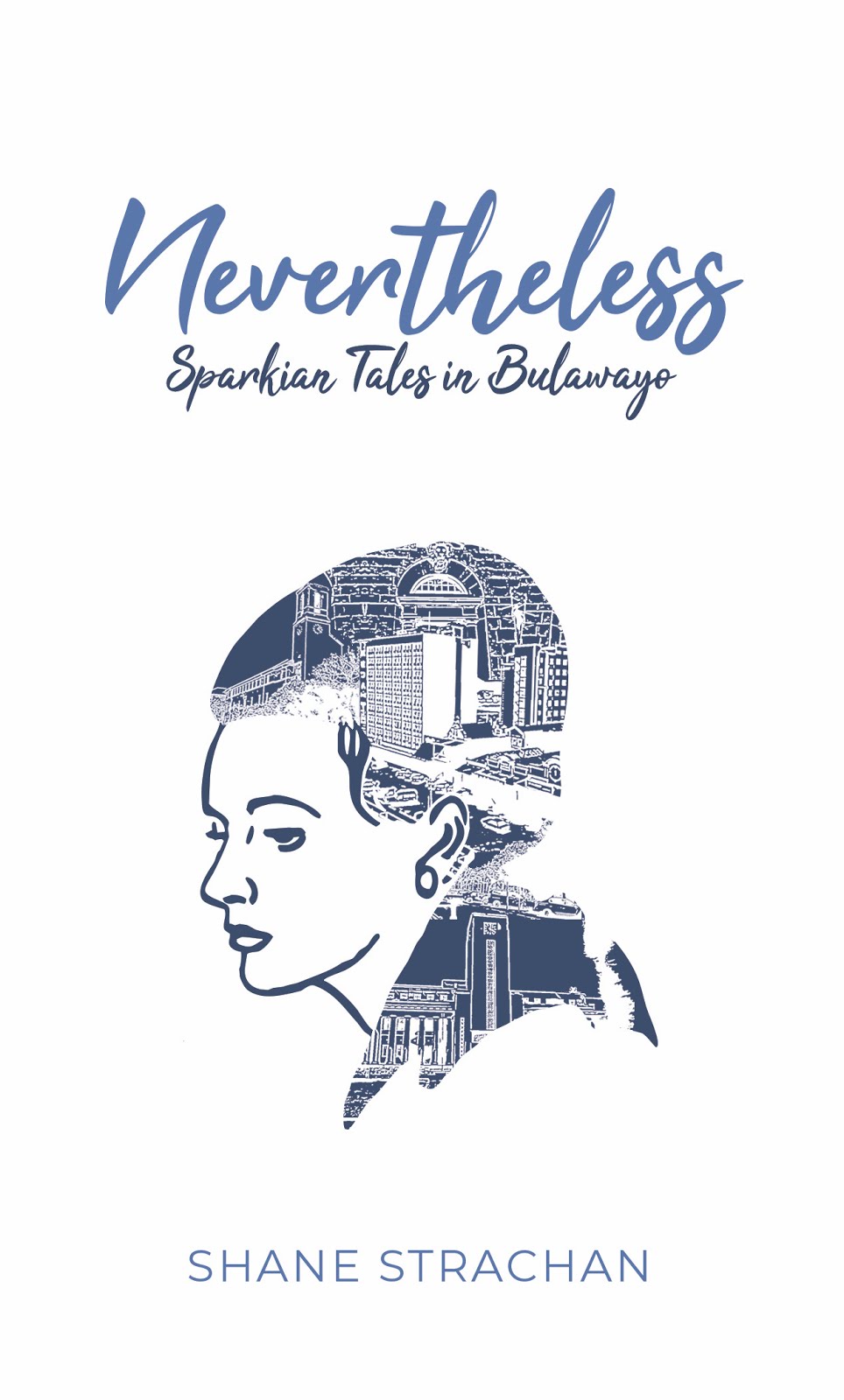





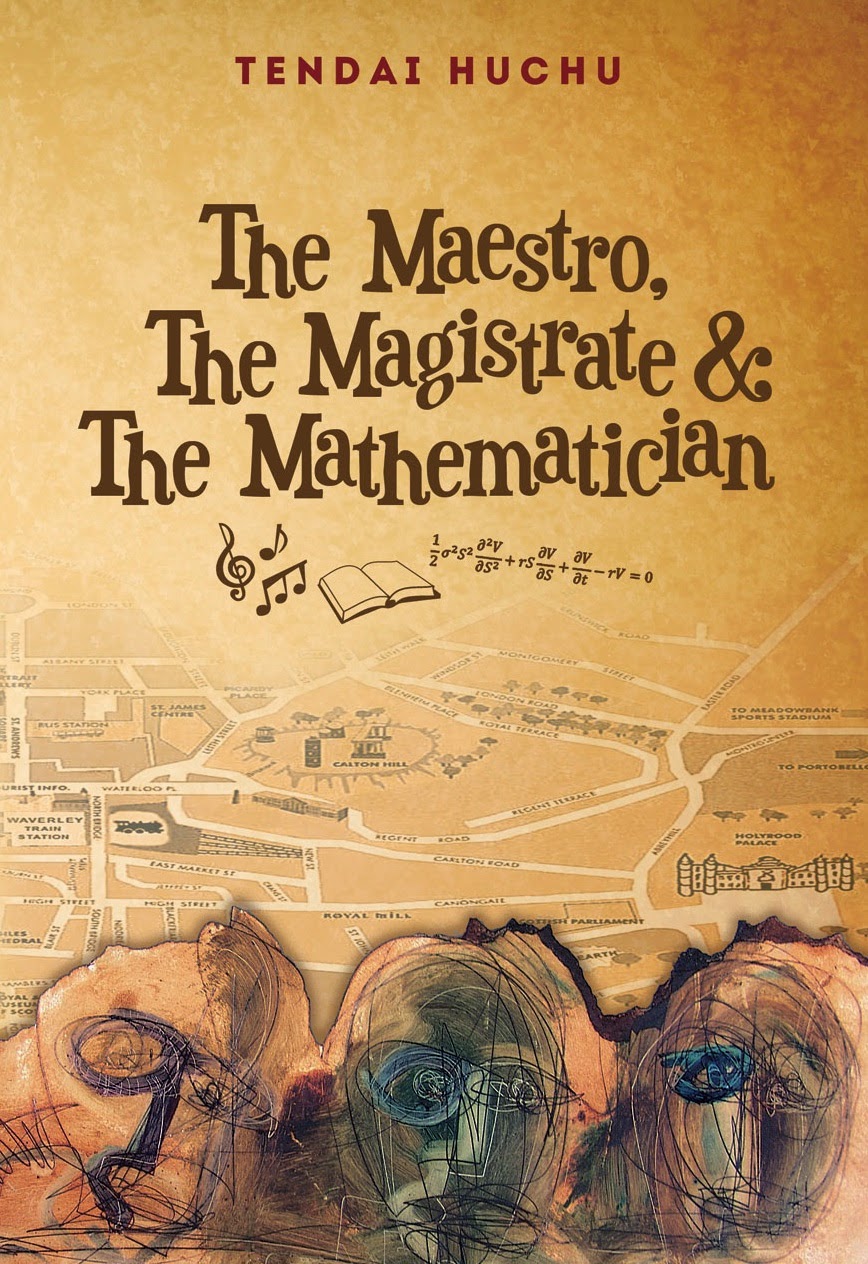
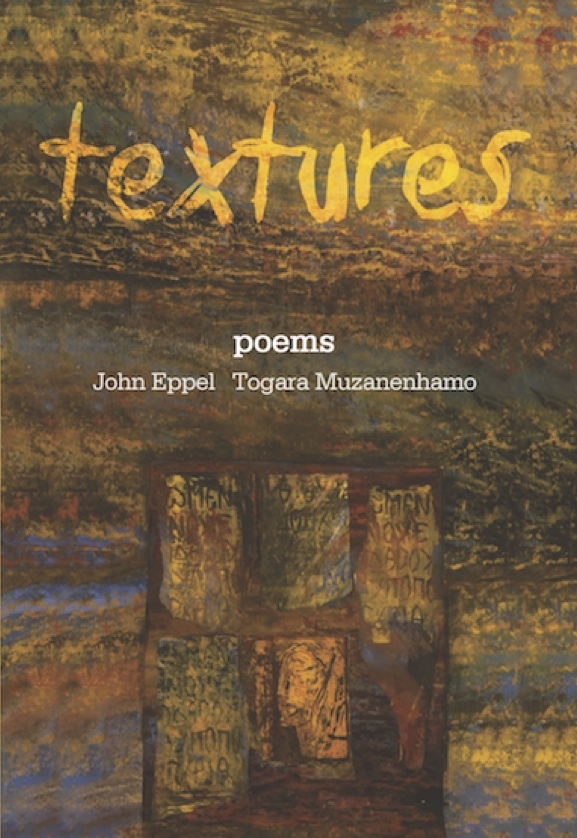
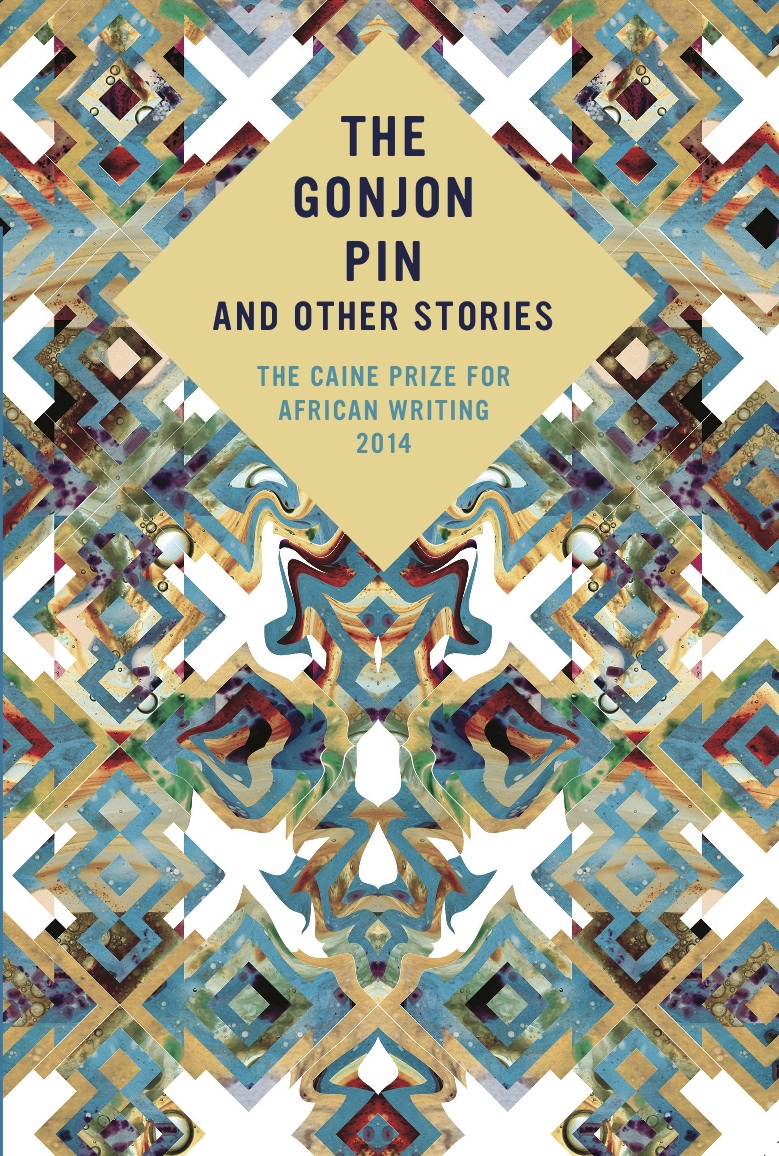
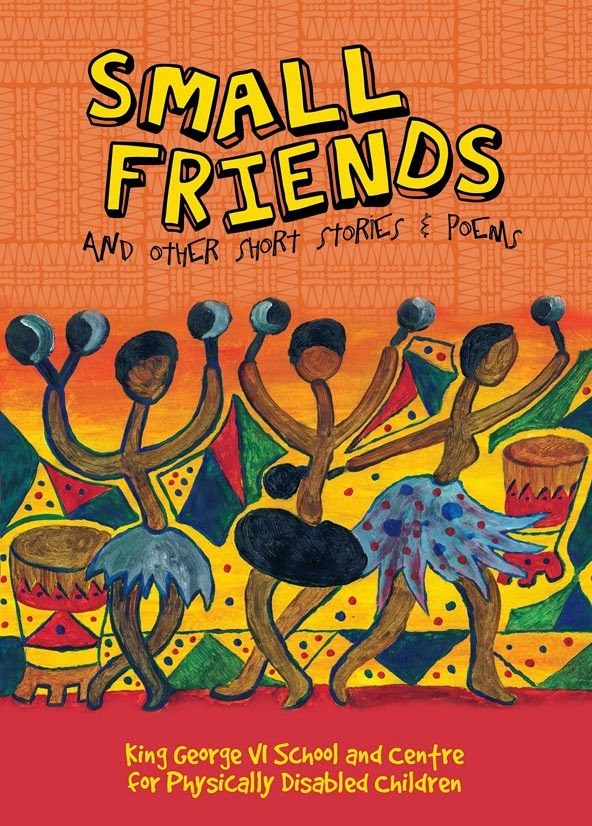
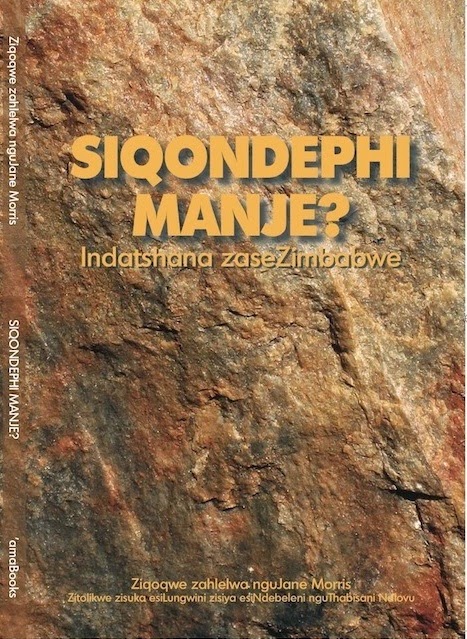
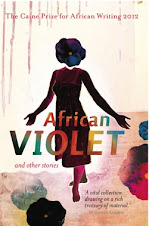

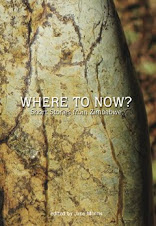
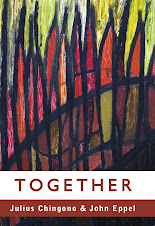
.jpg)

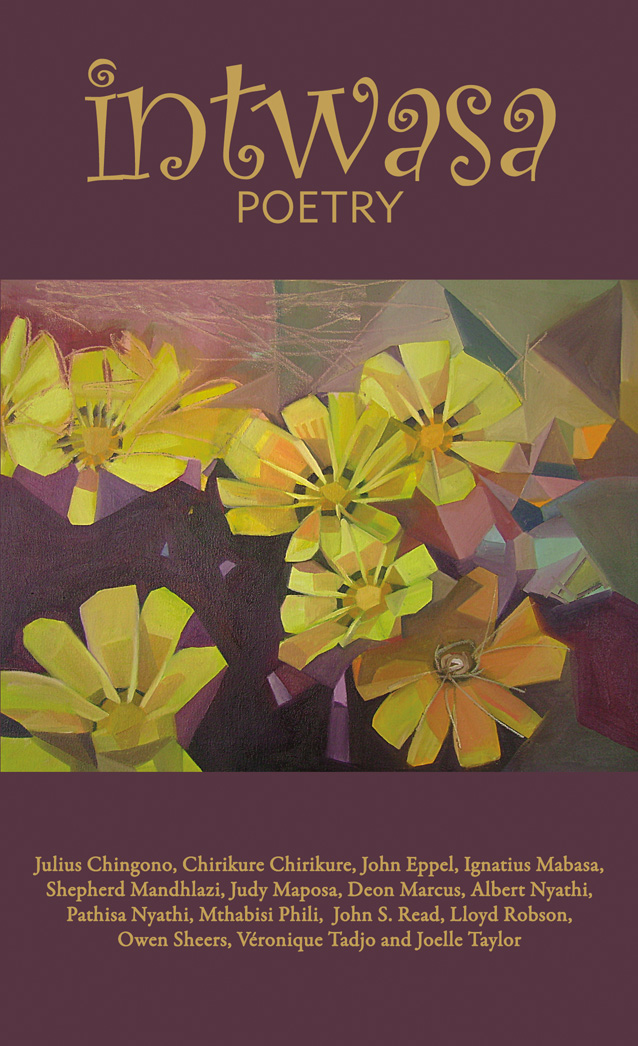


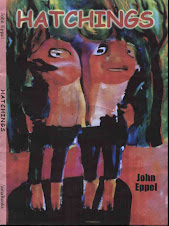













.jpg)











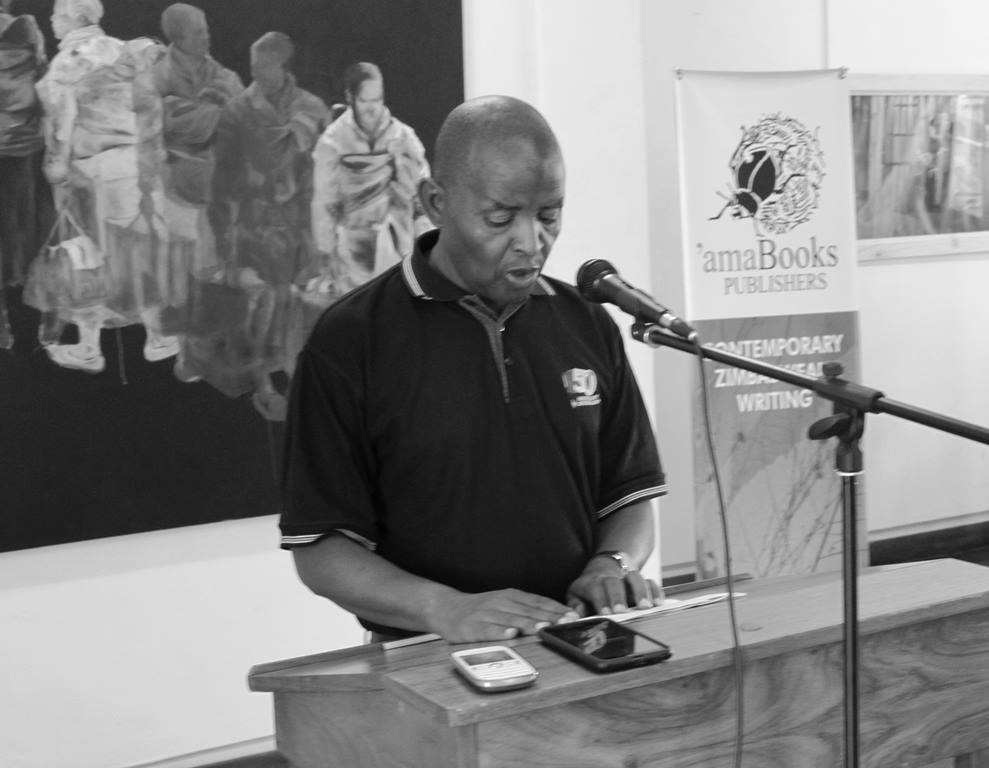
















No comments:
Post a Comment